Thailand is preparing to introduce a “salt tax” using a tiered-rate model, similar to its sugar tax fully enforced since April 2025. The move is aimed at addressing public health concerns, as Thai citizens consume nearly double the recommended sodium intake. Key food and beverage producers are already reformulating products to reduce sodium levels, anticipating the new policy. Instant noodles, snacks, and frozen foods are among the top targets. The salt tax is expected to accelerate the growth of the health food sector and prompt major shifts in product development, pricing strategies, and consumer behavior.

How Could the Color of Light Affect the Traditional Solar Evaporation Process?
Earlier this year, MIT researchers made a surprising discovery of the “photomolecular effect,” a process that “demonstrates for the first time that water can evaporate


